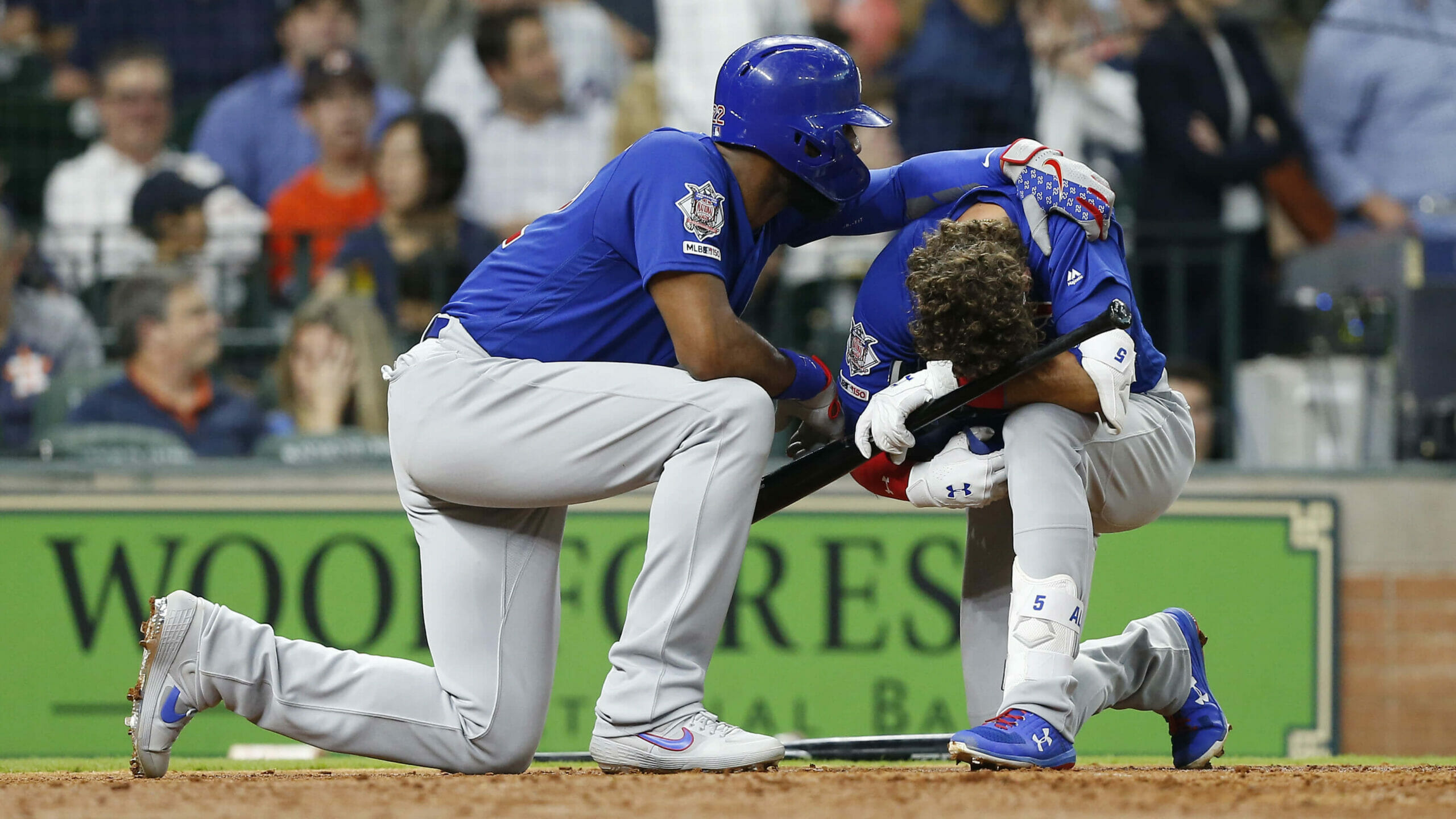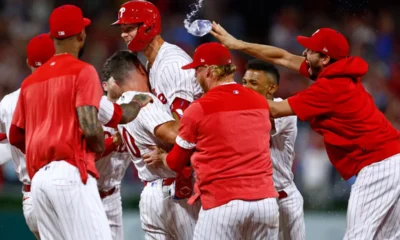MLB, as a component of its proposition to the players’ association in August, has suggested a way to counter service time objections. According to the New York Post, the league has created a new way to disperse $1 billion to all players eligible for arbitration and also suggests that free agency be universal for all players once they reach 29 1/2 years of age. Needless to say, the idea isn’t going to be met with much enthusiasm on the part of players.
MLB Explores Free Agency Changes
The sides met face to face on August 16 in Denver. Not all components of the arrangement have become public and it is hard to check the full effect of a proposition without seeing how every one of the components play off each other. The two sides would not remark on what The Post had uncovered. However, in its proposition about service time, MLB was, at least, hoping to address the association’s anxiety about manipulation of the time. Players become eligible for arbitration or free agency based on their time in the league, and teams have been known to keep some players down, even though they deserved promotion to the majors, in order to control spending.
At this moment, all players who arrive at six years of service are eligible for free agency and all who arrive at three years in addition to the best 22% in service time somewhere in the range of two and three years (called the Super Twos) qualify for arbitration. What MLB proposes is to make a $1 billion pool (and to tie that pool to income in future years) for every qualified player, in lieu of arbitration. Calculations would be made to decide how much players would get. To put things in perspective, players eligible for arbitration this year received around $650 million. In addition, introducing free agency at 29 1/2 years of age (birthday celebrations previously or after July 1 would decide the half-year) would permit all players to get something like one free agency shot in their twenties.

100% Bonus up to $1,000 + $25 Token
T&C APPLY | NJ, MI ONLY Join Now
100% Bonus up to $1,000 + $25 Token
T&C APPLY | PA ONLY Join Now
$1000 Risk Free Bet
T&C APPLY | NJ, PA, IN, CO, NJ, MI, IA, LA, MS, OH ONLY Join NowPlayers’ Association Unlikely to Show Support
The association, in all likelihood, would consider both suggestions as hazardous. A pool of cash disseminated to players falls essentially inside the class of a compensation cap, a verboten term for the players’ association. Keeping in mind that free organization at 29 1/2 would help players (frequently the people who attended a university) who began their major league career later would incredibly grow the team control of the league leaders. For example, Aaron Judge would become a free agent after this season as opposed to the next. Vladimir Guerrero Jr. and Juan Soto, who entered MLB at an earlier age, would have to play ten seasons to qualify for free agency.
This was MLB’s first financial proposition — the association made an expansive financial show in May — and trades could generally prompt changes. For instance, MLB could recommend that a player be made a free agency following six years of service or at age 29 1/2, whichever is first. The current collective bargaining arrangement (CBA) ends on December 1 and settlements generally have not been finished until close to the cutoff time, or even past it.
MLB Wants Clubs to Spend Money
A part of MLB’s proposition was to make a compensation floor at $100 million and lower the main finance limit at which teams would be burdened to $180 million. The idea was hypothetically to address the association’s interests about failing by constraining teams with lower payrolls to become more aggressive in their financial approach and to close the gap between the salary ceilings and floors.
According to The Post, that proposal would also erase recidivism fines for teams that remained over the lowest tax threshold. In the current collective bargaining agreement (CBA), teams are penalized greater for each consecutive year they are above that mark, and some clubs will tank their payroll below the level after a few years in order to reset to no penalties. The players’ association has a few months to discuss the changes, with the CBA expiring on December 1, but it isn’t likely to be a fan of MLB’s recommendations.














